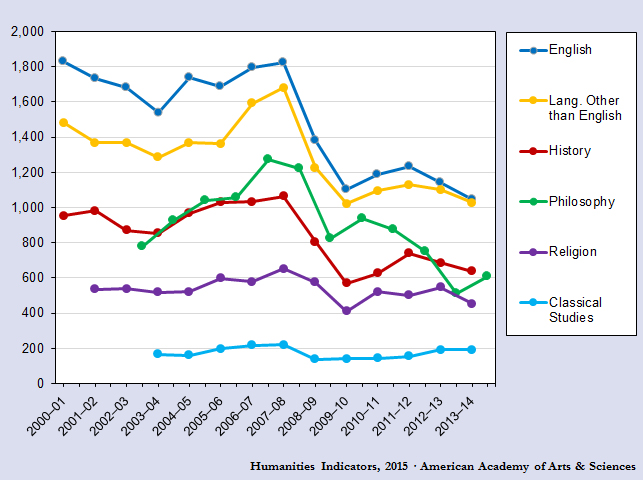The NY Times is shocked: Extramarital Dating Site Unsettles the Land of Discreet Affairs
"The ads for the dating website Gleeden, which bills itself as “the premier site for extramarital affairs designed by women,” were recently splashed on the backs of buses in several French cities. Seven cities decided to withdraw the ads, and opponents have mobilized against them on social media, providing the latest example of a prominent cultural divide in France about the lines between public morality, private sexual conduct and the country’s vaunted freedom of expression.
...
"A campaign by Ashley Madison, another extramarital website, featured President François Hollande and his three predecessors with smudged lipstick on their faces. “What do they have in common?” the ad asked. “They should have thought of ashleymadison.com.”
...
Gleeden, launched in 2009, has a million subscribers in France, and 2.4 million globally, who can anonymously trawl profiles for lovers.
**********
An aside: some years ago, there was a book called Eats, shoots and leaves, pointing out that punctuation is important: the presence or absence of a comma can change how you read that book title. Similarly, hyphens are important, although the NY Times has made "extramarital" one word--there's a world of difference between extra marital sex and extra-marital sex...
"The ads for the dating website Gleeden, which bills itself as “the premier site for extramarital affairs designed by women,” were recently splashed on the backs of buses in several French cities. Seven cities decided to withdraw the ads, and opponents have mobilized against them on social media, providing the latest example of a prominent cultural divide in France about the lines between public morality, private sexual conduct and the country’s vaunted freedom of expression.
...
"A campaign by Ashley Madison, another extramarital website, featured President François Hollande and his three predecessors with smudged lipstick on their faces. “What do they have in common?” the ad asked. “They should have thought of ashleymadison.com.”
...
Gleeden, launched in 2009, has a million subscribers in France, and 2.4 million globally, who can anonymously trawl profiles for lovers.
**********
An aside: some years ago, there was a book called Eats, shoots and leaves, pointing out that punctuation is important: the presence or absence of a comma can change how you read that book title. Similarly, hyphens are important, although the NY Times has made "extramarital" one word--there's a world of difference between extra marital sex and extra-marital sex...








